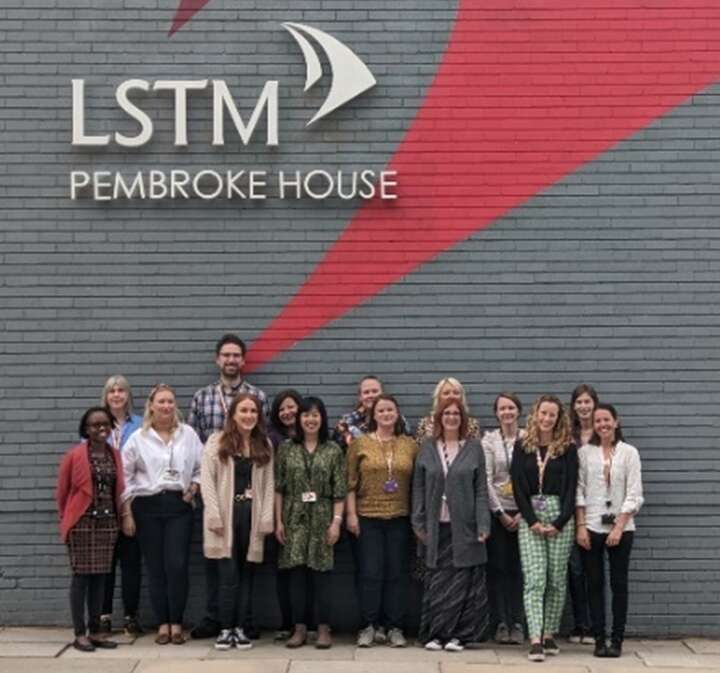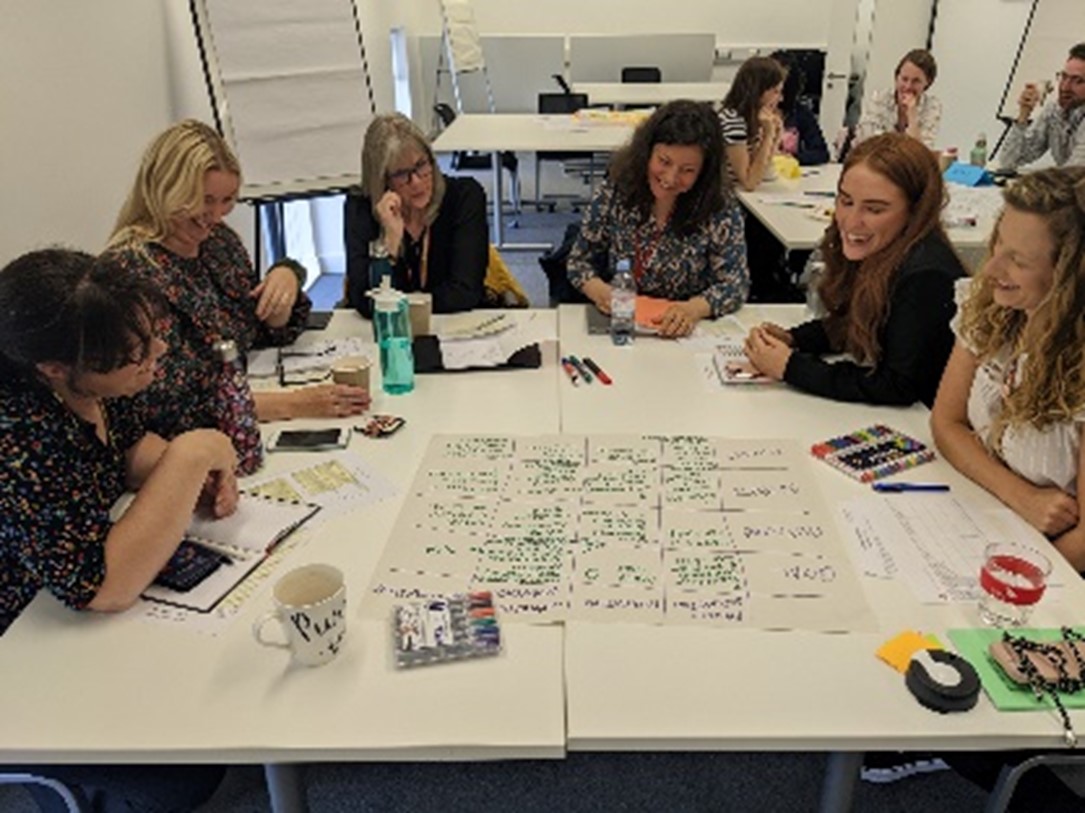
Recent surveys show that researchers spend a disproportionate amount of time on grant administration and management, with Principal Investigators (PIs), for instance, estimated to spend 42% of their time on administrative tasks. Dedicated administrative assistance and research support could reduce PIs’ time spent on administration by 27%, freeing up some of their time to conduct research. Moreover, with the growing requirements on projects, management, finance, and administrative tasks are becoming a significant part of the work driving research forward and it is therefore increasingly important to develop the skills of research and grant support teams, enabling them to effectively take up these tasks.
Authors: Martina Savio, Eunice Ngundo, Annmarie Hand
At the 2019 Annual Consortium Meeting of the IMPALA Programme, a research programme funded by the National Institute for Health and Care Research (NIHR), its 16 partners across sub-Saharan Africa identified high administrative load for researchers as one of the main obstacles to effective delivery of research. This was also reiterated by the LIGHT Consortium, – a research programme funded by UK aid which is also looking at strengthening capacity of research managers and administrators based in partner organisations. Partners within both programmes highlighted that strengthening capacity of their research managers and administrators could dramatically improve their efficiency, effectiveness, value for money, and impact.
In response to this, the IMPALA and the LIGHT teams joined forces and developed an ad-hoc three-day training workshop on research administration & management, specifically aimed at research administrators, managers, and finance officers working on externally funded research grants.
To ensure the training was aligned with participants’ requirements and expectations, contents were informed by inputs received from colleagues at partner organisations who completed a survey based on the list from the SARIMA Professional Competency Framework, and ranked their needs in order of priority. As a result of this consultation, the training was organised into three themes: Administration, including diary management, minute taking, and travel logistics; Project Management, including risks management, safeguarding, M&E, and the use of tools such as logframes and Gantt Charts; and Financial Management, including budgeting, forecasting, and reporting.

A pilot training workshop was held in Liverpool in September and November 2022 with 12 attendees with varying levels of experience, representing academic and professional services departments from the Liverpool School of Tropical Medicine (LSTM), the London School of Hygiene and Tropical Medicine, the Liverpool Centre for Global Health Research, and the Innovative Vector Control Consortium (IVCC). From LSTM, Prof Imelda Bates, Director of the Centre for Capacity Research and Ms Lindsay Troughton, Research Governance & Ethics Officer, provided support by coaching the trainers on how to run sessions, moderate discussions and engage participants.
On the first day of the pilot, representatives of development partners from the NIHR and the Foreign, Commonwealth & Development Office (FCDO) gave opening speeches emphasising that research support capacity is crucial to successfully deliver complex research programmes across multiple partners and support transparency reporting for UK aid.
Anonymous feedback after each session and the end-of-training survey revealed an interest in additional areas such as task management; upskilling objectives for administrative staff; conflict resolution; managing competing projects; communication; and bridging gaps between organisations in high-income and low- and middle-income countries, especially where equity in resources is not the same. Attendees also suggested to modify the original proposed training acronym ‘PRAM’ as it came across as gendered and it reminded participants of mothers and babies.

The next steps include revising the training material following feedback received during the pilot; running the training with colleagues from the LIGHT and IMPALA programmes in 2023; and finally, gathering further feedback from colleagues based at partner organisations, assessing achievements and impact to understand whether trainings like this could be upscaled.

